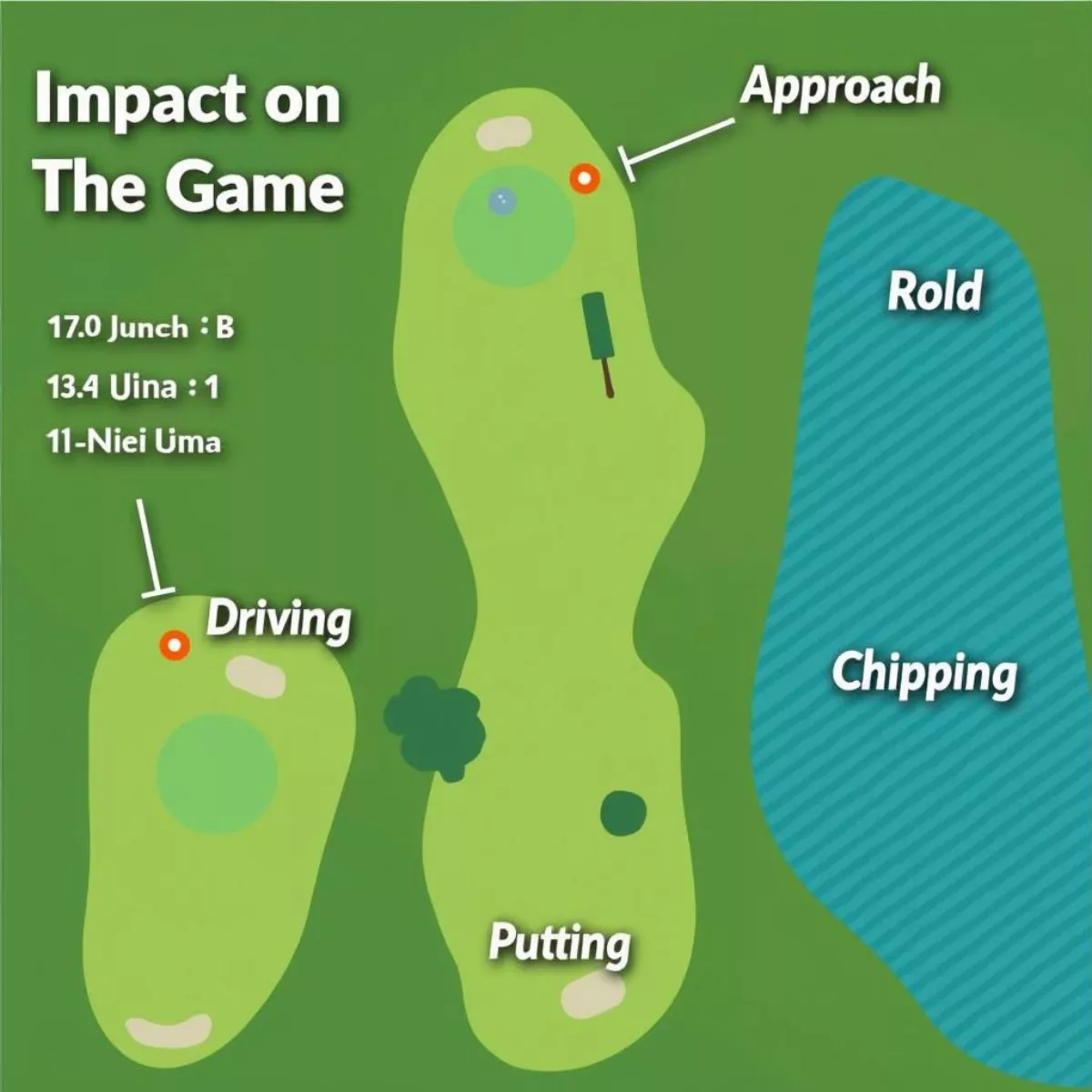Golf is a beautiful game, but it can also be incredibly frustrating. Many players find themselves wondering, “Why don’t I get better at golf?” It’s a sentiment shared by beginners and seasoned players alike. This article delves into the common reasons behind stagnation in golf performance and provides actionable advice to help you take significant strides in your game.
Understanding the Challenge
Golf is a complex sport requiring not only physical skill but also mental acuity and emotional resilience. It can feel disheartening when your progress plateaus, but understanding the underlying challenges may provide clarity and paving the way for improvement.
1. Inconsistency in Practice
Many players believe that simply hitting balls at the driving range will translate to better scores on the course. However, the truth is that not all practice is created equal. Here are some common pitfalls:
- Lack of Focus: Practicing without a specific goal can lead to mindless repetition.
- Neglecting Short Game: Players often favor long drives over chipping and putting, but the short game accounts for a large portion of strokes.
2. Imbalanced Skill Development
If you focus too much on one aspect of your golfing game, you may inadvertently neglect others. Consider this essential breakdown:
| Skill Area | Percentage of Game Impact |
|---|---|
| Driving | 30% |
| Approach Shots | 30% |
| Chipping | 20% |
| Putting | 20% |
To improve, aim for a balanced improvement across all areas.
 Golf Course Breakdown
Golf Course Breakdown
3. Physical Limitations
Golf is not just about technique; it’s also a physical game. Factors impacting your performance include:
- Flexibility: Limited mobility can hinder your swing mechanics.
- Strength: A lack of physical fitness may affect your stamina and swing power.
Consider incorporating flexibility and strength training into your routine to enhance your physical capabilities on the course.
4. Mental Game Management
Your mental state can dramatically influence your performance. Anxiety and frustration can lead to poor decisions or bad shots. Thoughts to consider:
- Fear of Failure: Worrying too much can hinder your ability to perform under pressure.
- Positive Visualization: Use techniques like visualization before shots to promote a successful mindset.
Effective mental strategies can drastically improve not just your scores but your overall enjoyment of the game.
 Golfer Visualizing Success
Golfer Visualizing Success
5. Lack of Professional Guidance
Self-teaching can only get you so far. Having a golf instructor observe and refine your technique can help immensely. Consider these benefits:
- Personalized Feedback: A pro can assess your swing mechanics better than any self-assessment.
- Structured Learning: Professionals can provide a structured plan to address weaknesses.
Tips to Transform Your Game
Here are actionable steps you can take to start seeing improvement:
- Set Clear Goals: Identify specific, measurable goals in various aspects of your play.
- Diversify Practice: Allocate time to work on your driving, approach, chipping, and putting.
- Take Lessons: Invest in a few sessions with a qualified instructor for tailored feedback and drills.
- Physical Fitness: Engage in strength and flexibility exercises specific to golf.
- Mental Preparation: Develop routines to foster a positive mindset before and during rounds.
Track Your Progress
Consistency is key. Use a journal or a golf app to log your practice sessions and results. This will help you identify what’s working and what needs further focus.
![]() Tracking Golf Progress
Tracking Golf Progress
Key Takeaways
- Balanced Practice: Develop all aspects of your game, not just driving.
- Seek Professional Help: Don’t hesitate to learn from experts.
- Physical and Mental Fitness: Improve your physical and mental game to enhance overall performance.
- Track Progress: Regularly log your practice metrics to identify trends and areas for improvement.
FAQ Section
Q1: How often should I practice to improve my golf game?
A1: Aim for at least 1-2 practice sessions per week, focusing on different skill areas during each visit.
Q2: Should I focus more on the short game or the long game?
A2: Both aspects are essential, but many players improve their scores by spending more time on the short game.
Q3: Is hiring a golf coach worth the investment?
A3: Yes, a professional instructor can provide invaluable feedback and substantially accelerate your learning curve.
Q4: How can I improve my mental game in golf?
A4: Techniques like visualization, positive affirmations, and creating pre-shot routines can enhance your performance under pressure.
Q5: What physical exercises can help me in golf?
A5: Focus on core strength, balance, and flexibility exercises, such as yoga and Pilates, to improve your physical game.
Q6: What should I track in my golf practice journal?
A6: Log details about your practice sessions including time spent on each skill area, specific drills, and any notes on what felt good or challenging.
Q7: Can technology help me improve my golf game?
A7: Absolutely! There are various apps and devices available that can provide metrics on swing analysis, distance, and even course management.
Q8: How does course management contribute to better golf?
A8: A solid course management strategy can help you make smarter decisions that minimize errors and maximize your strengths.
Q9: What are some tips for overcoming anxiety on the course?
A9: Breathing exercises, focusing on your pre-shot routine, and maintaining a positive mindset can be beneficial.
Q10: How can I keep the game enjoyable while trying to improve?
A10: Focus on enjoying the learning process rather than solely on results; celebrate small achievements and progress.
By diagnosing the reasons behind your struggles and implementing these strategies, you can work toward becoming the golfer you aspire to be. Remember, improvement takes time, patience, and consistency, so stay positive and committed to your journey. Good luck, and may your next round be your best yet!

